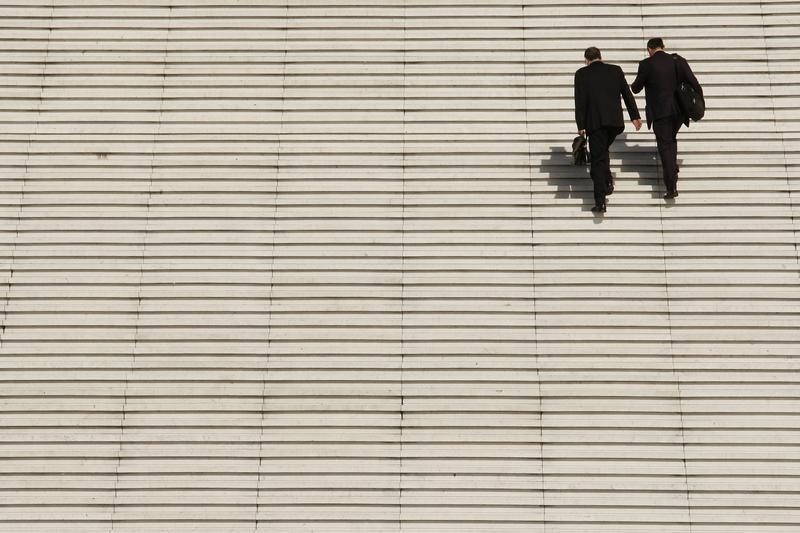China Approves 6 Trillion Yuan Plan to Assist Local Governments in Managing Debt Burden
Forex - China has approved a plan worth 6 trillion yuan to help local governments finance their debt burdens. Xu Hongcai, deputy head of the Finance and Economy Committee of the National People's Congress, stated that the plan will be implemented over the next three years. Finance Minister Lan Fo'an estimates that by the end of 2023, local governments' hidden debt will reach 14.3 trillion yuan. Lan indicated that 2 trillion yuan will be allocated annually from 2024 to 2026 to assist local governments in resolving their debts, and he predicts that the amount of hidden debt will fall to 2.3 trillion yuan (320.9 billion dollars) by the end of 2028. Analysts have called for bold, multi-trillion yuan measures to revitalize the world's second-largest economy, which has yet to fully recover from the COVID-19 pandemic. Local government debts have ballooned partly due to high spending during the pandemic and low tax revenues, as well as a decline in land use rights sales—a significant source of local government revenue—due to a downturn in the property sector. The central bank's easing of borrowing restrictions at the end of September has led to a rise in the stock market, but economists say the government needs to do more to spark a sustainable recovery. Government officials have indicated that this could take place at this week's meeting of the Standing Committee of the National People's Congress, which must give formal approval for new spending. The economy has shown signs of life over the past two months. Purchase subsidies for those trading in their old cars or household appliances for new ones helped boost auto sales in September. A survey of manufacturers turned positive in October after five consecutive months of decline, and exports rose by 12.7% last month, marking the largest increase in over two years. For much of the year, the ruling Communist Party appeared to focus more on addressing long-term structural issues rather than short-term problems in the economy. Previous measures to revive the economy have been piecemeal and seemingly aimed at keeping the economy afloat rather than triggering a robust recovery.


